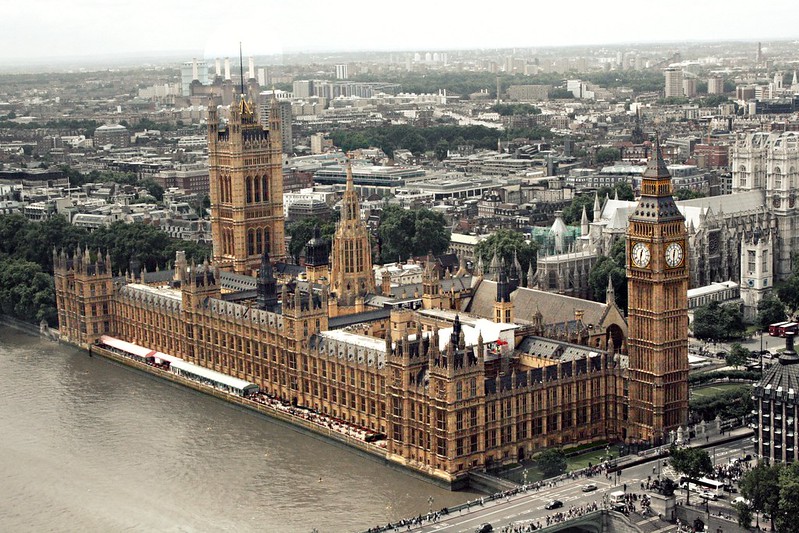Last week, MPs in Britain voted as to whether they would continue to be able to vote from home. The whole thing garnered a lot of attention due to the farcical scenes of MPs queueing for half a mile outside Westminster in order to keep two metres apart, and then having to congregate at the bottom of an escalator anyway. The government won the vote, meaning that MPs won’t be able to attend parliament virtually and, crucially, won’t be able to vote on upcoming issues. This means their constituents won’t be represented if they can’t physically get to Parliament, and it’s not like there’s nothing important coming up, like, oh, still dealing with the corona crisis or finally hashing out Brexit before next January.
If there’s one thing that COVID-19 has proven, it’s that lots of work can be done from home. Work that businesses have said was too important to be done from home, or done flexibly during non-typical work hours, can actually be done at home by anyone with a computer and internet connection. This is what disabled people have had denied to them for years. Modern technology like Zoom or Microsoft Teams means that meetings can be held just the same online as in person. If the Labour Party can use encryption technology for members to vote for their new leader, there must be the same technology to use for MPs to cast votes. Letting them work remotely wouldn’t have to be just for now or the near future – it opens up parliament to more disabled people, more people with caring responsibilities, and would arguably mean fewer MPs having to descend on London. This would enable them to do more work in their constituencies (where they often have local ties or passions), would cut down on travel time and costs for MPs from Scotland, Wales, Northern Ireland and even parts of the north of England where transport links are scarce, and could arguably do away with a need for MPs to own second homes (which they can claim the cost for).
Not letting MPs vote virtually means a lot of them are excluded, especially those who are elderly, disabled, have children to look after or are pregnant. This discriminates against women MPs who are more likely to have children to look after, especially currently when they either may not be able to send their children to school or have other childcare issues. If they can’t attend when pregnant, this means an MP may have to disclose their pregnancy earlier than they are comfortable with – something which I have seen happen among a couple of friends recently when they’ve had to say why they are self-isolating. There’s also a disability rights issue here because you shouldn’t have to disclose to the world at large why you need to work from home, whether that’s due to your ill health or the ill health of someone you live with, something which has come to the fore within all the virus commotion.
Labour’s Margaret Hodge tweeted with about how she couldn’t go to London to vote, thanks to being over 70 and needing to shield. She was, as she tweeted, also excluded from Monday’s debate about the virtual parliament, meaning she was “being disenfranchised from my right to debate my own disenfranchisement”. Stella Creasy had to take her small baby to work, in the middle of a pandemic. Even my own MP, Conservative Miriam Cates, couldn’t go to vote as she had to look after her children, which kind of made a case in point in reply to my reply asking her to vote against the proposal. It is shocking that MPs are being prohibited from voting, especially when there are systems in place waiting to go to allow them to work remotely.
Imagine a better world, in which more people would be encouraged to become MPs or even just to work in their local councils, in which they could work remotely and maybe even at times outside of the 9-5. Imagine if single parents could work at home near their children’s school, and still pick them up when parliament was done. Imagine if disabled people could work from home, picking their hours to go along with their health and energy. The government’s refusal to move with the times is disappointing, and will keep many people from trying their hand at politics.
Image credit: Misko


Great lil’ update Rebecca! It’s a shame your national gov is approximately as dysfunctional as ours. It’s even worse that we suffer a debt-based financialist monetary/credit system (think pyramid game) that ensures the Winners Take All socioeconomic paradigm of kleptocracy. I love envisioning a future alternative where nothing needful or beneficial is considered to expensive or simply unaffordable because of gov. debt & deficit spending for the fun & profit of ecocidal kleptocrats, their plutonomists and their hyper-rich winning-class sponsors.